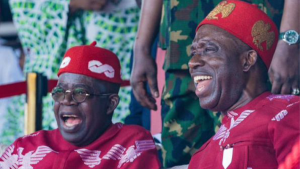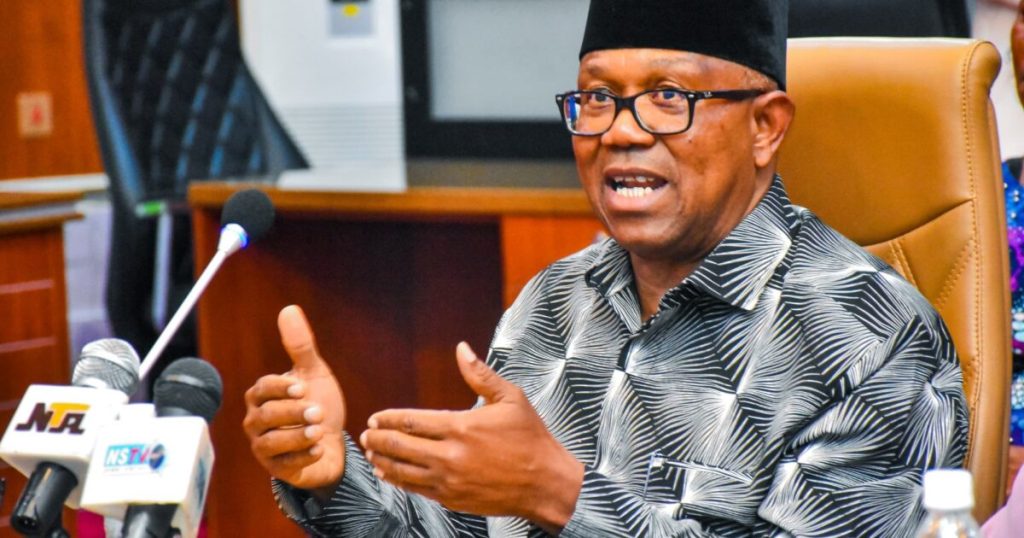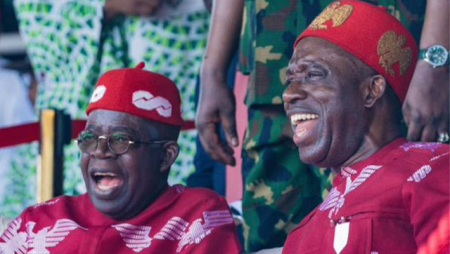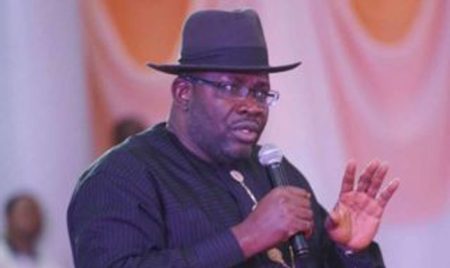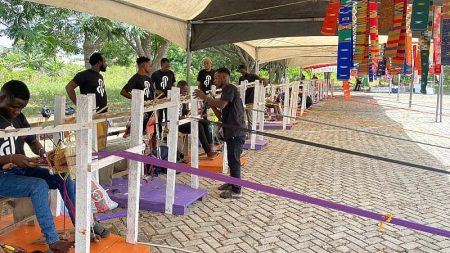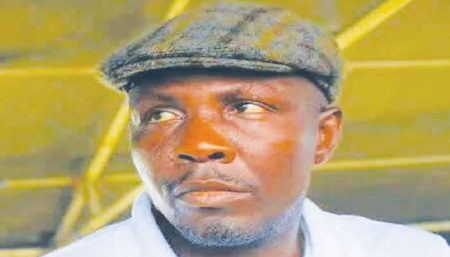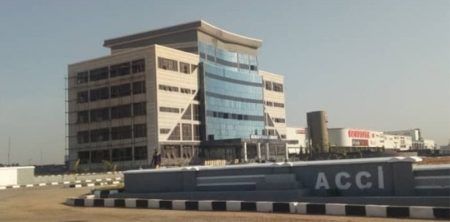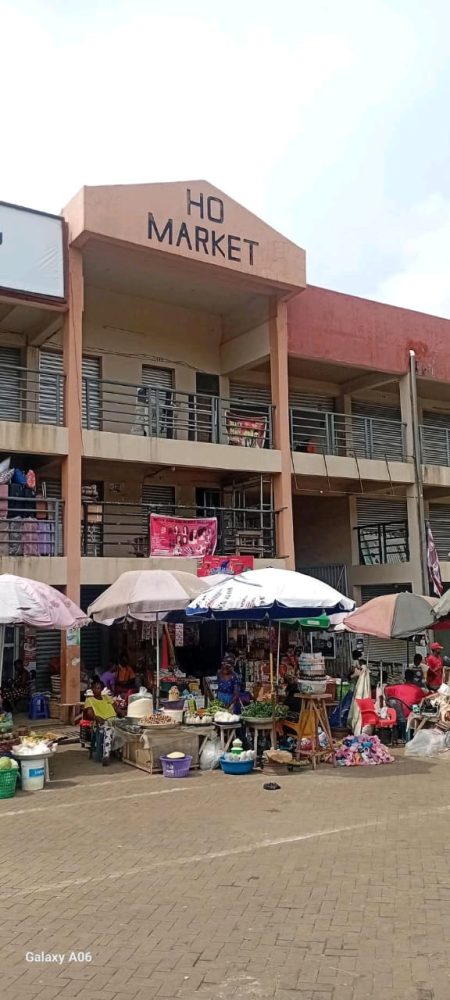Peter Obi, the former Labour Party presidential candidate, delivered a scathing critique of Nigeria’s current political landscape on Democracy Day, arguing that the country has deviated significantly from democratic ideals. He asserted that Nigeria no longer qualifies as a democratic nation, citing the absence of core democratic tenets: government of the people, by the people, and for the people. He pointed to flawed electoral processes, where unqualified individuals assume public office due to manipulated rules and disregarded participation requirements, as a key indicator of this democratic deficit. This, he argues, undermines the very foundation of a representative government, where citizens’ voices should be paramount in selecting their leaders. The symbolism of June 12, a date deeply entrenched in Nigeria’s struggle for democracy, served as a stark backdrop to Obi’s lamentations, highlighting the perceived erosion of democratic values under the current administration.
Obi’s critique extended beyond electoral processes, encompassing a broader decline in governance across multiple sectors. He highlighted a concerning deterioration in security, economic stability, and essential social services, including education and healthcare. This multifaceted decline, according to Obi, paints a grim picture of a nation grappling with escalating challenges. He accused the government of prioritizing manipulative narratives and deflecting blame rather than addressing the root causes of these issues. This alleged focus on controlling public perception, he argued, further exacerbates the democratic deficit by hindering transparency and accountability. Obi’s assertion is that the government’s efforts are directed towards shaping public opinion instead of implementing effective solutions to the nation’s problems.
To substantiate his claims, Obi presented a series of alarming economic statistics. He cited a dramatic decline in Nigeria’s Gross Domestic Product (GDP) from $364 billion to $188 billion, coupled with a sharp drop in per capita income. These figures, he argued, reflect a worsening economic situation for ordinary Nigerians, with a significant increase in the number of people living below the poverty line. He further referenced a World Bank report highlighting the disproportionate impact of poverty on rural populations, further underscoring the severity of the economic crisis. These statistics, according to Obi, are not mere numbers but represent the lived realities of millions of Nigerians struggling to make ends meet.
Obi’s condemnation extended to the decay in crucial sectors like education and healthcare. He painted a bleak picture of the education system, citing millions of out-of-school children and inadequate learning resources. The lack of basic facilities like science labs and computers, coupled with students resorting to candlelight during examinations, paints a picture of a system failing to equip the next generation for the future. This, he argued, represents a gross neglect of the nation’s human capital and jeopardizes future prospects for development. He also pointed to the dire state of healthcare, citing the National Primary Health Care Development Agency’s report on the dysfunctionality of a vast majority of primary healthcare centers. His personal observations of delivery rooms lacking basic sanitation further emphasized the severity of the situation.
Obi’s overall assessment of Nigeria’s current state was deeply pessimistic. He portrayed a nation in rapid decline across various facets, from governance and the economy to essential social services. He warned of the erosion of the rule of law and the government’s failure to meet the basic needs of its citizens. This, he argued, creates an environment where instability and discontent can thrive, posing a significant threat to the nation’s future. His stark warning emphasizes the urgent need for comprehensive reforms to address these multifaceted challenges and steer the country back towards a path of sustainable development and democratic progress.
In essence, Peter Obi’s Democracy Day address served as a potent indictment of Nigeria’s current political trajectory. He argued that the country has veered far from its democratic ideals, manifested in flawed electoral processes, a declining economy, and the decay of essential social services. He accused the government of prioritizing manipulation and blame-shifting over genuine solutions, further exacerbating the crisis. His grim portrayal, supported by economic data and first-hand observations, serves as a call to action for urgent and comprehensive reforms to address the nation’s multifaceted challenges and restore the promise of democracy. His message resonated with many Nigerians who share similar concerns about the direction of the country and the need for transformative change.


